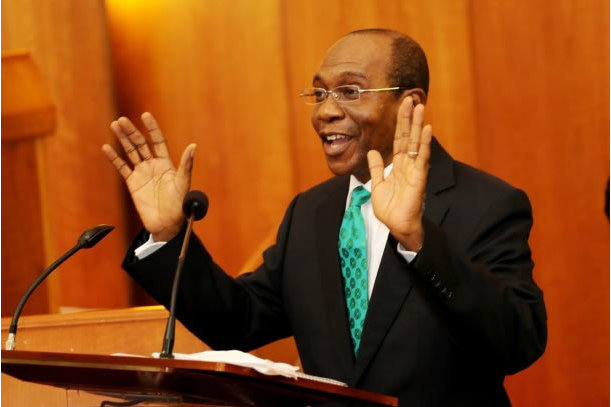Latest News
CBN licences 11 new international money transfer operators

News Highlight
- Nigeria is Africa’s largest remittance market with about $20 billion sent home in 2015 by the country’s diaspora.
The Central Bank of Nigeria said on Tuesday that it has licenced 11 new International Money Transfer Operators (IMTOs) to operate in Nigeria’s lucrative money transfer market.
Earlier this month, the CBN issued a warning to Nigerians both at home and in the diaspora to be wary of unlicenced IMTOs. The warning came after WorldRemit, a global online remittance provider, accused the apex bank of imposing “draconian” rules, which have stifled the operations of all IMTOs in Nigeria except Western Union, MoneyGram, and Ria Money Transfer.
“In furtherance of efforts to liberalize the foreign exchange market, ensure liquidity and make foreign exchange more readily available to low end users, the Central Bank of Nigeria (CBN) has licenced more International Money Transfer Operators (IMTOs) to operate in Nigeria,” the apex bank said in a statement signed by Isaac Okorafor, its Acting Director of Corporate Communications.
The newly licenced operators are: WorldRemit, Trans-fast Remittance, UAE Exchange Centre, Wari Limited, Homesend S.C.R.L, and Small World Financial Services Group.
Others are: Weblink International, Cashpot Limited, DT&T Corporation, Fiem Group, and CP Express Limited.
“The CBN also wishes to reiterate its commitment to providing an enabling environment for international money transfer services in Nigeria,” the apex bank said.
With about $20 billion sent home in 2015 by the country’s diaspora, Nigeria is Africa’s largest remittance market and the sixth largest recipient of remittances in the world, according to the World Bank’s Migration and Remittances Factbook 2016. The major sources of Nigerian remittances last year were the United States ($5.7 billion) and the United Kingdom ($3.7 billion).
Related News
Latest Blogs
- What is most important for Nigeria in 2026
- Restoring asset declaration as a tool of public accountability
- Tackling antibiotic resistance through safer food systems
- Big government, little governance
- What will matter in Nigeria in 2026
Most Popular News
- NDIC pledges support towards financial system stability
- Artificial intelligence can help to reduce youth unemployment in Africa – ...
- FRC Chairman commends NDIC for prompt remittance of operating surplus
- Pan-African nonprofit appoints Newman as Advisory and Executive Boards Chair
- UN adopts new consumer product safety principles
- Dollar slumps as Fed independence comes under fire








